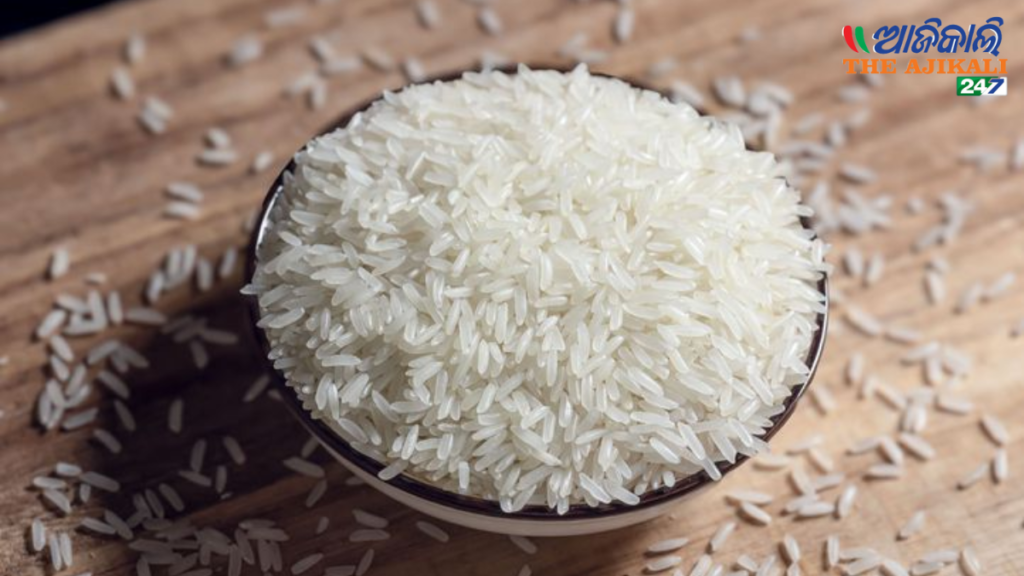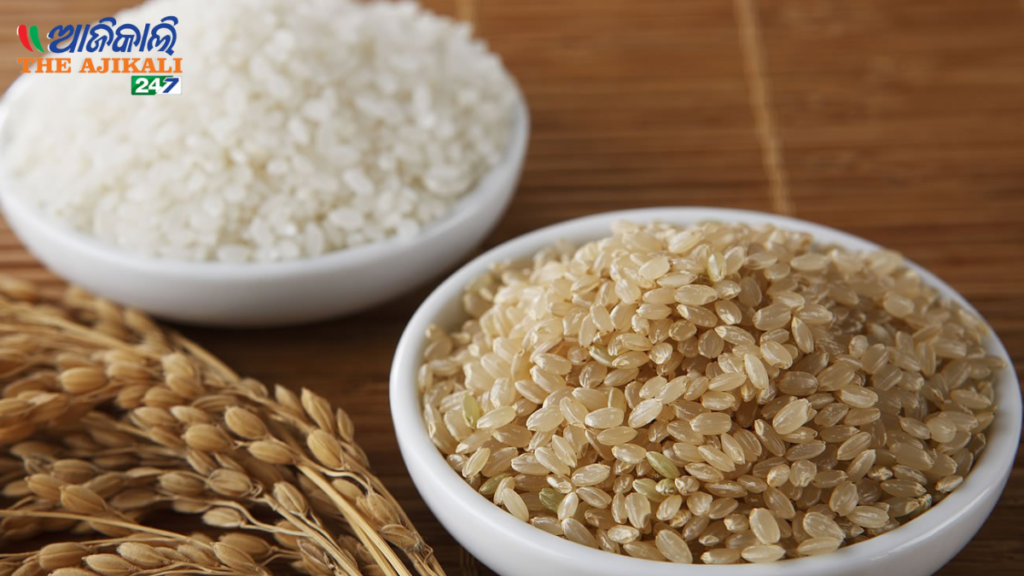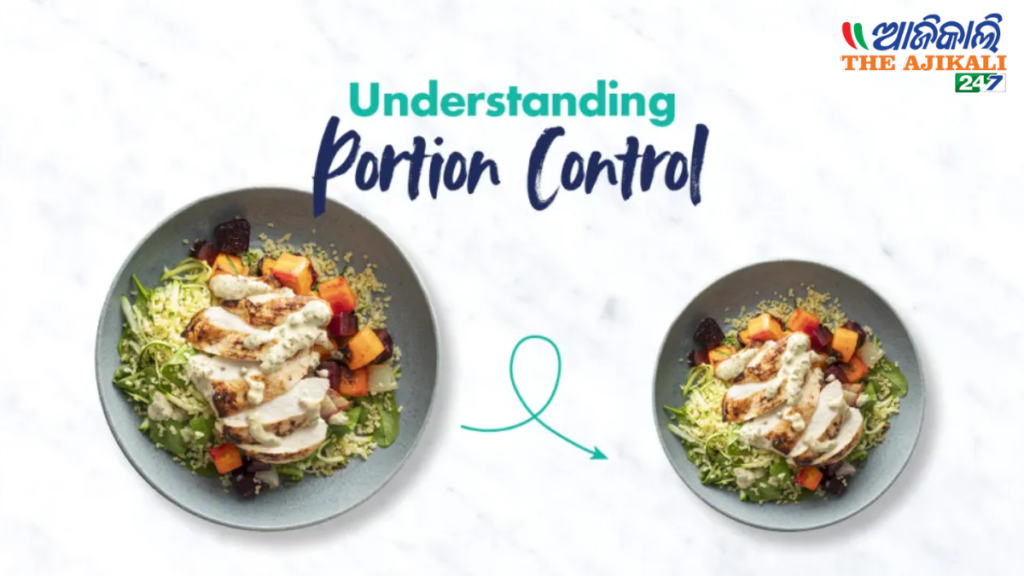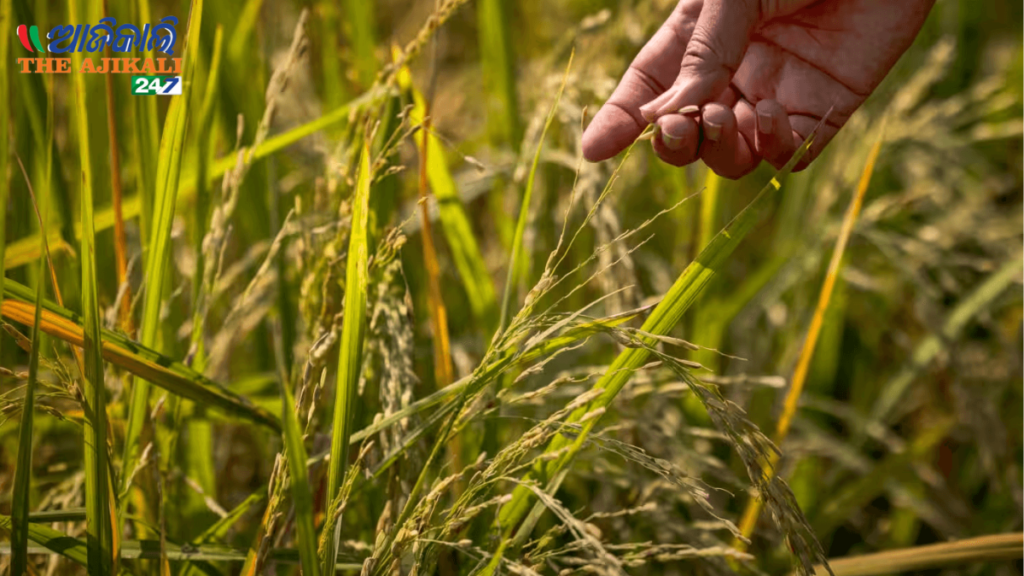Introduction:
When it comes to weight loss, the internet is full of conflicting advice, especially regarding specific foods like rice. Some claim that giving up rice is essential for shedding pounds, while others argue that rice can be part of a healthy diet. So, what does science and expert opinion say about this?
Understanding Rice and Its Nutritional Profile:

Rice is a staple food for a large portion of the world’s population, particularly in Asia and parts of Africa and South America. It comes in various types, such as white, brown, jasmine, and basmati, each with its own nutritional characteristics.
White Rice:
This is the most commonly consumed type, but it’s also the most processed. It’s lower in fiber and nutrients compared to brown rice.
Brown Rice:
Considered the healthier option due to its higher fiber content and essential nutrients like vitamins and minerals.
The Role of Rice in a Healthy Diet:

Rice, particularly brown rice, can be a nutritious part of a balanced diet. It provides energy, essential carbohydrates, and some protein, making it a staple for many athletes and active individuals. However, the key lies in portion control and choosing the right type of rice.
Expert Opinions on Rice and Weight Loss:
1. Portion Control:

According to nutritionists, the issue with rice and weight loss often stems from portion sizes. Rice is calorie-dense, so large servings can contribute to excess calorie intake, potentially hindering weight loss efforts.
2. Context Matters:

Dr. Cynthia Sass, a registered dietitian, suggests that rice can be included in a weight loss diet if paired with lean proteins, healthy fats, and plenty of vegetables. This helps balance the meal and provides satiety.
3. Quality Matters:

Opting for whole grains like brown rice over refined grains (white rice) is generally recommended for better nutritional value and satiety.
Practical Tips for Including Rice in a Weight Loss Plan:
- Mindful Eating: Be aware of portion sizes. A typical serving size is about half a cup of cooked rice, which is around 100-150 calories depending on the type.
- Balance Your Plate: Include plenty of vegetables and a lean protein source with your rice to create a balanced meal that supports weight loss.
- Consider Alternatives: If you prefer to reduce rice intake, consider alternatives like quinoa, barley, or cauliflower rice, which are lower in calories and offer different nutritional benefits.
Conclusion:
Ultimately, whether you should give up rice to lose weight depends on your overall dietary habits and goals. Rice itself is not inherently “bad” for weight loss, but like any food, it should be consumed in moderation and as part of a balanced diet. By focusing on portion control, choosing whole grains, and balancing your meals with other nutritious foods, you can enjoy rice while working towards your weight loss goals effectively.
Remember, consulting a registered dietitian or nutritionist can provide personalized advice tailored to your specific needs and goals. They can help you create a sustainable eating plan that includes foods you enjoy, like rice, without compromising your weight loss journey.
In conclusion, moderation and balance are key when it comes to including rice in your diet while aiming for weight loss. By making informed choices and practicing mindful eating, you can achieve your goals while still enjoying the foods you love.












